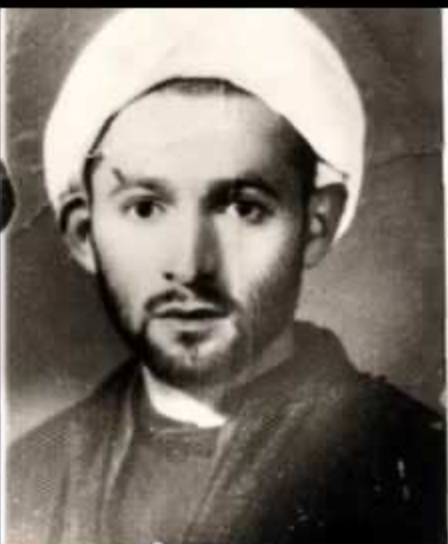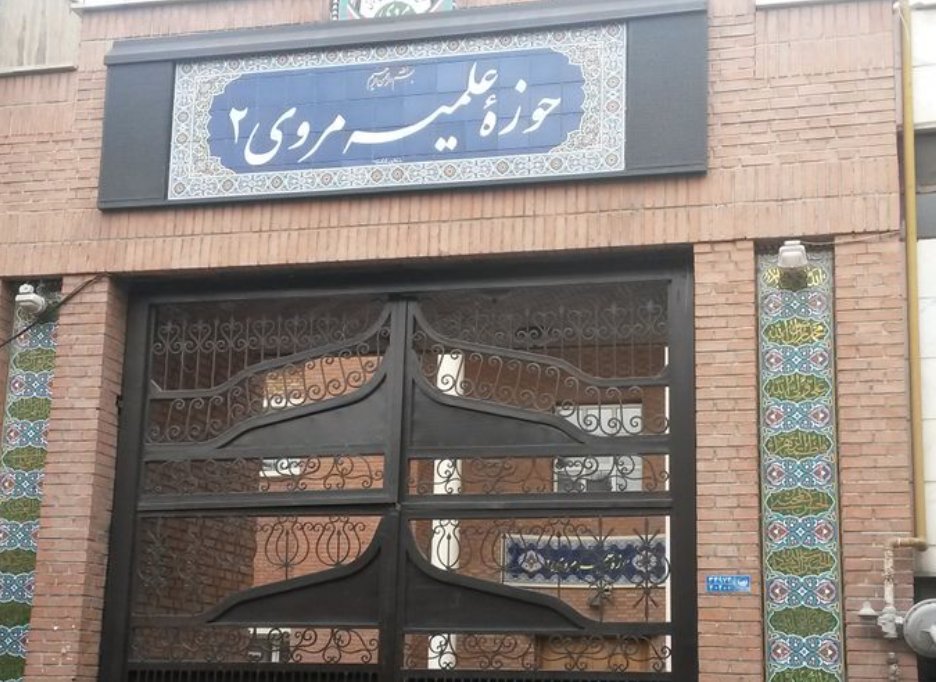So what about #postcolonial #Bergson in #Iran? Just as in the case of #Heidegger it seems Ahmad Fardid (1909-1994) is the key figure publishing the first article in 1937 on #Bergson and #Bergsonism seeing in him an ally in his nativist project 1/ 

His encounter would have been in Tehran and before he met #Corbin after the war (whose work on #Zoroastrian motifs in #Suhrawardi he translated into #Persian) and certainly before he left to study in Paris in 1947 - Ch11 of Mirsepassi book is the place to look 2/ 

Around the same time as Fardid’s article, Buf-e kur (The Blind Owl) the existentialist novel of Sadeq #Hedayat (1903-1951) was published that seems to bear the influence of the notion of #duration journals.sagepub.com/doi/abs/10.117… 3/
#Hedayat may well have encountered #Bergson directly in #Paris where he was sent to study in 1925 4/
Another early recipient of #Bergson albeit critical was the Marxist thinker Taqi Arani (1902-1940) whose materialism rejected the notion of the soul and its élan vital progressing on a somewhat mystical path to God, debunking the vogue for #Bergson in #Tehran 5/ 

Another reception of #Bergson was the circle of #Cubists in 1940s #Tehran including Jalil Ziapour (1920-1999) stedelijkstudies.com/journal/cubism… 6/ 



Perhaps mediated by Deleuze’s work the potential influence of #Bergson ideas on time, duration and creative evolution might be gauged in Iranian cinema such as the work of Abbas Kiarostami (1940-2016) jstor.org/stable/pdf/247… and reviews.ophen.org/tag/bergson/ 7/
A good survey is provided in this interview from 2013 with the philosopher and Heidegger specialist Bijan Abdol-Karimi web.archive.org/web/2014010603… 8/ 



So it seems that the reception is broad but like #Heidegger particularly among those geared to a mystical political theology that especially since 1979 is supportive of the official political doctrine of the #Iranian state 9/
• • •
Missing some Tweet in this thread? You can try to
force a refresh
















